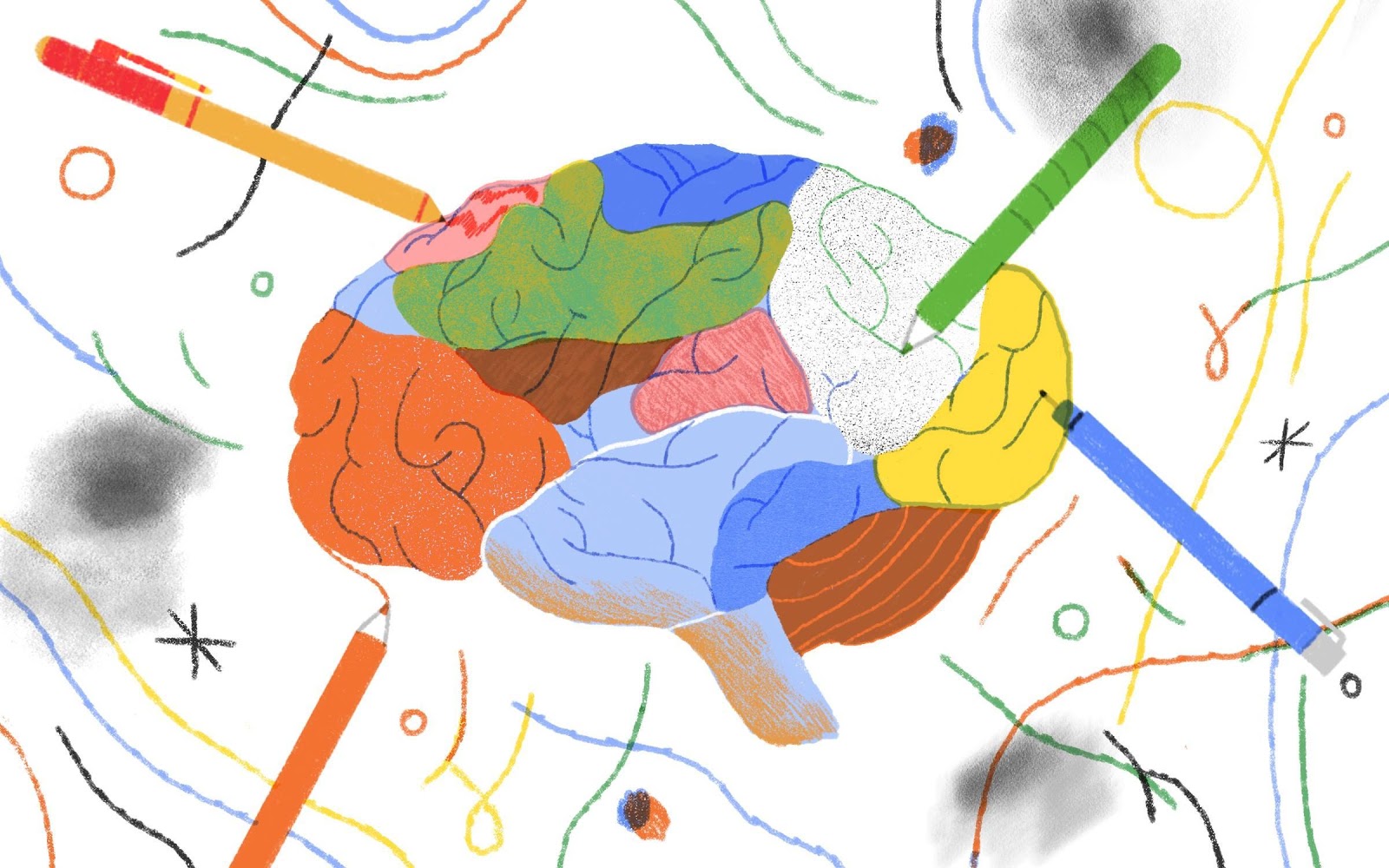Take out dusty pens: handwriting is good for the brain

We write less and less by hand, which is why we are missing out on the benefits that the brain receives from writing.
Not so long ago, writing on paper by hand was a common thing in everyday life: we kept various notes and diaries, exchanged handwritten letters with friends, business partners and loved ones.
Such written communication takes more time and is less convenient, but there is reason to believe that in some cases, refusing handwriting in favor of keyboard input, we lose something.
Psychologists have long understood that personal, emotion-focused recordings help you become aware of your feelings and come to terms with them. As far back as the 1980s, studies showed that “letter treatment,” in which patients usually write down their feelings daily for 15–30 minutes, can provide tangible benefits to physical and mental health. This includes everything from reducing stress and reducing symptoms of depression to improving immunity. And there is evidence that handwriting is more conducive to this form of therapy than typing on the keyboard.
Translated to Alconost
A frequently cited 1999 study in the Journal of Traumatic Stress showed that if you take notes of stressful life experiences by hand (rather than typing them on the keyboard), this leads to a higher level of emancipation and brings more therapeutic benefits. It is possible that such results are no longer relevant today, since many of us grew up surrounded by computers and are more used to expressing ourselves through printed text. But specialists who study writing by hand have reason to believe that giving up the pen in favor of the keyboard has significant disadvantages.
Psychologists have long understood that personal, emotion-focused recordings help you become aware of your feelings and come to terms with them.
“By drawing a letter by hand, we draw each element of it bar by bar, during which the neural pathways in the brain are activated that pass near or through the areas that control emotions,” said Virginia Berner, professor emeritus professor of education at Washington University. Pressing one key on the keyboard is a completely different task, which affects other signal paths in the brain: “It is possible that the connections formed in this way do not relate in the same way to the part of the brain that is responsible for emotions.”
Writing by hand can also improve the memorization of new information. A 2017 study in the journal Frontiers in Psychology found that learning-related areas of the brain are more active when the task is done by hand, rather than on the keyboard. The authors say that handwritten text can contribute to the “deep coding” of new information - which does not happen when working with the keyboard. Other researchers are also discussing the idea that writing by hand promotes learning and cognitive development in such a way that the keyboard cannot compare with it.
What we write more slowly by hand than we type on the keyboard can be another advantage - at least in some cases. A 2014 study in the journal Psychological Science found that students who took notes by hand received higher grades in terms of learning and understanding than those who took notes on laptops.
“The main advantage of handwritten notes was that they slowed down,” says Daniel Oppenheimer, co-author of the study, professor of psychology at Carnegie Mellon University. Students typing on the keyboard had time to write down what they heard verbatim - unlike those who took notes by hand: “They did not write fast enough to write word for word, and were forced to formulate it in their own words - but for this you need to immerse yourself in perceived material and to truly understand what was heard, which helped to better absorb knowledge. ”

Illustration by Kieran Blakey
Slowing down when writing by hand may have other benefits. Oppenheimer argues that since typing is fast, it forces a narrower dictionary to be used. Writing by hand gives more time to find the right word, which can contribute to better self-expression. He also mentions the assumption that handwritten notes in certain situations help to establish closer relationships - for example: “A doctor who records symptoms by hand can achieve greater understanding with patients than a doctor who enters data into a computer.” In addition, in many of the work sponsored by the National Institutes of Health (USA), Berninger showed that if children are first taught to write in block letters and then handwritten, this helps them develop critical reading and thinking skills.
Finally, there are many studies that suggest that online forms of communication are more saturated with negative emotions than live dialogue. Most researchers studying online communication believe that the lack of direct interaction and a sense of invisibility lead to the fact that in many cases online interaction is rude and unpleasant. But the impersonal character of the text typed from the keyboard can also contribute to some extent to this negative coloring of communication. When a person writes by hand, he has to spend more time and energy than using a keyboard. And the handwriting, in contrast to the printed text, is unique for everyone. Therefore, according to Berninger, handwritten notes are usually valued higher than emails and SMS.
If typing words on the keyboard wasn’t so easy, perhaps we would relate to them - and perhaps to each other - with great attention.
About the translator
Translation of the article was done in Alconost.
Alconost localizes games , applications and sites in 70 languages. Native translators, linguistic testing, cloud platform with API, continuous localization, project managers 24/7, any format of string resources.
We also make advertising and educational videos - for sites that sell, image, advertising, educational, teasers, expliner, trailers for Google Play and the App Store.
→ Read more
All Articles